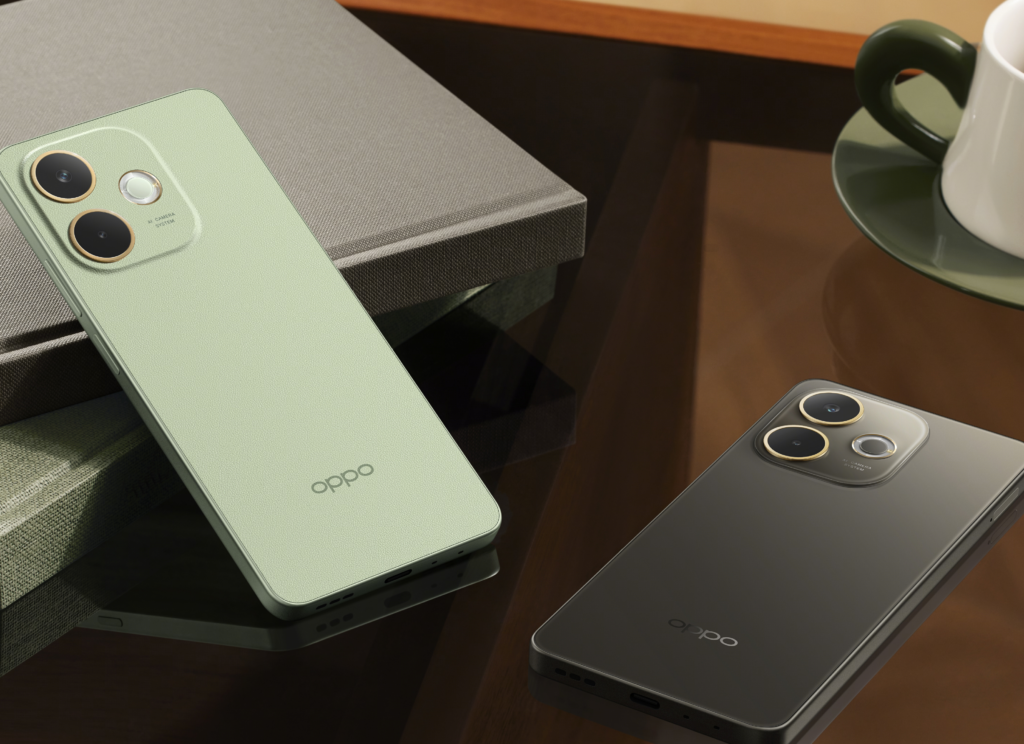The excitement of upgrading your phone is easy to understand. A new screen, an improved camera, or the latest AI features can be tempting. While your current device may have served you well throughout your contract, the appeal of a newer, faster model is often hard to resist.
Before you visit your network provider or make an online purchase, it is worth asking yourself a simple question: what kind of upgrade is right for me? The answer depends on how you currently use your phone, which may have changed since your last upgrade.
You may have shifted from being a casual user who browses and sends messages, to someone who now depends on their phone for work, creativity or content creation. You may have started a side business. Or perhaps you made your last decision based on aesthetics or branding and now want performance and durability that will last the length of your next contract.
According to Avashnee Moodley, Head of Marketing at OPPO South Africa, “Smartphone upgrades are less about chasing the latest model and more about choosing a device that suits your lifestyle. At OPPO, we design for real-world needs such as fast charging, durability and features that offer meaningful value every day.”
Upgrading your smartphone is not just about camera quality or screen refresh rates. It is also about finding a phone that matches your daily demands, your budget and your long-term expectations. Below is a checklist of questions to ask before you decide to upgrade.
Can it keep up with my day?
Battery life is about more than capacity. It also includes how quickly your phone can recharge. Fast charging has become essential for users with demanding schedules. A phone should not run out of power before you do. OPPO’s SUPERVOOC charging technology can take your battery from nearly empty to fifty percent in just a few minutes. That means more flexibility and less stress when you forget to charge overnight.
Will I use the features I am paying for?
If you regularly record high-resolution video, play advanced mobile games or edit content on the move, then a premium device may be a smart investment. However, if your usage is mostly messaging, video calls and social media browsing, then a mid-range phone can meet your needs. Avoid being influenced by features you do not need.
Can it support my side business or creative projects?
If you use your phone to run a business, manage clients or create content, your device needs to support productivity. This includes smooth performance, reliable multitasking and a capable camera. Look for phones that include AI tools to enhance your output, such as intelligent photo editing, real-time captioning and night photography that works in real-world conditions.
Is it built to withstand everyday accidents?
Phones are exposed to drops, spills and scratches. A durable design is non-negotiable. Ask about the materials used, whether the device has water or dust resistance, and what repair costs might be. At OPPO, many of our devices are built with strengthened materials such as Gorilla Glass and reinforced frames to handle the realities of everyday use.
Is it ready for future network upgrades?
If you are buying a phone that needs to last two to three years, ensure it is compatible with future network infrastructure. Fifth-generation mobile networks are already available in many South African cities, and applications are being optimised for faster speeds and lower latency. Choose a phone that supports both current and future network bands to maintain performance throughout your contract.
Are repairs accessible and affordable?
Eventually, screens, batteries and ports wear out. Before committing to a new device, check whether it can be serviced easily in South Africa. Are replacement parts readily available? Are repairs affordable? Do you have access to a nearby service centre? OPPO continues to expand its after-sales service and local repair infrastructure to make maintenance more convenient and affordable for customers.
Which operating system suits me best?
Your phone’s operating system influences everything from how the interface feels to which apps you can use and how updates are delivered. Android offers greater flexibility and device variety. iOS is often chosen for its streamlined integration across devices. Consider which system works best with your daily habits and the other technology you already use.
Choose your upgrade with clarity
There is nothing wrong with wanting the most advanced smartphone available, but it should also be the right choice for your needs. Ask the right questions. Make informed decisions. Do not overspend on features that do not serve you, but also do not overlook performance where it matters most. The best phone is not the one with the biggest marketing campaign. It is the one that still meets your expectations a year after you bought it.

